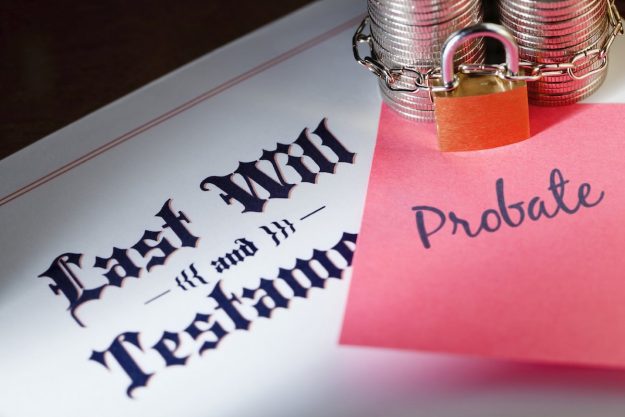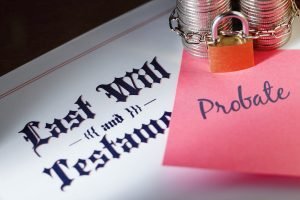Rod Genders is a senior Australian lawyer specialising in Wills and Estate Planning, Probate and Estate Administration, Trusts and Guardianship and Inheritance Claims and Contested Estates in South Australia. His boutique specialist law firm, which was founded on 1848, is one of the oldest and most respected in Australia. Rod is an international author and speaker. Rod is the 3rd generation of Genders in the law and has been practising specialised law since the mid 80’s. For over 10 years he served on the Council of the Law Society of South Australia and is a senior member of its Succession Law Committee. For 8 years Rod was a founding committee member of the South Australian branch of the London-based Society of Trusts and Estate Practitioners (STEP) and was the founding Chair of the international STEP Digital Assets Special Interest Group. For over 25 years Rod has chaired a private committee enquiring into the affairs of protected persons. He is a member of the Law Council of Australia, a member of the Notaries Society of South Australia and an associate member of the American Bar Association.
Update Your Computer Operating Systems And Software Cybercriminals take advantage of vulnerabilities in out of date software to compromise computer systems.
Why make it easier for them?
Regularly updating your operating system is a fundamental cybersecurity measure.
As the end of the financial year approaches, it is crucial for adult Australians who have a family trust to take proactive steps to ensure the smooth distribution of their trust’s capital and income.
With the potential to significantly impact your family’s financial well-being, making informed decisions about your family trust is essential.
This article aims to provide practical advice and recommendations to empower you to take action.
In 2023 South Australian law regarding Wills and estates is about to undergo a massive change.
For a long time, people have complained that it is too easy for gold-diggers to challenge a Will – especially adult children who are not deserving.
Think: estranged adult child who never visited or supported their old mum in any way, only turning up to claim a share of mum’s estate after she died.
Mr B granted power of attorney to his daughter M.
B had significant medical issues and was highly vulnerable.
When B lost his capacity, and needed to move into a nursing home, M sold her father’s home under power of attorney.
However she did not use the money to pay the upfront capital cost of a Refundable Accommodation Bond.
Here we go again. Because our posts Weird Probate Issues and More Weird Probate Issues are so popular, we have decided to keep going with the series … can you believe we are up to Part 10!
The Wills of famous celebrities can teach us some valuable lessons about what NOT to do. It is common for the rich and famous to have estate plans, but celebrities make mistakes too and sometimes they can be costly.
When you are putting your affairs in order, put some time aside to make an Information Portfolio.
What is an Information Portfolio? It is a pouch, folder or binder where you keep important documentation and information about yourself, your family and your assets.
It is important to have one in case of an emergency, so you and the people you care about can find important information immediately
The term “social media” can be used to describe the content that makes up your social media presence ranging from images, photos, posts, blogs, comments, interaction, and any user-generated content with which you are associated (ie tagged).
When you die, your profile on platforms such as Instagram, Facebook, Twitter, and other social media sites remains part of your digital legacy, and often becomes a place where people go to memorialise their loved ones.
When it comes to securing your digital assets, we recommend that you follow our best practices to ensure that you and yours are better protected against potential brute force attacks.
We routinely recommend that everybody uses a Password Manager like LastPass to help secure your online and electronic files and accounts.
LastPass is the password manager we recommend. * disclosure – this is an affiliate link, which means that if you decide to purchase a LastPass subscription you’ll get the best price available.
Executors of deceased estates are often confused about whether and when to lodge tax returns on behalf of the deceased person and their estate.
Ask yourself: if these were your own personal financial affairs would you have an obligation to lodge an income tax return?
The Deceased (and their representative) has fundamentally the same requirements to lodge a return as any individual taxpayer.
A cautionary tale.
The ground suddenly shifted beneath my feet. My brother was calling from the hospital emergency room. Our mother had fallen. She’s in pain, and the doctor says the x-ray shows a fracture. The doctor wants to talk to me.
“Your mother,” the doctor tells me, “has broken the top of the thigh bone that joins the hip.”





















